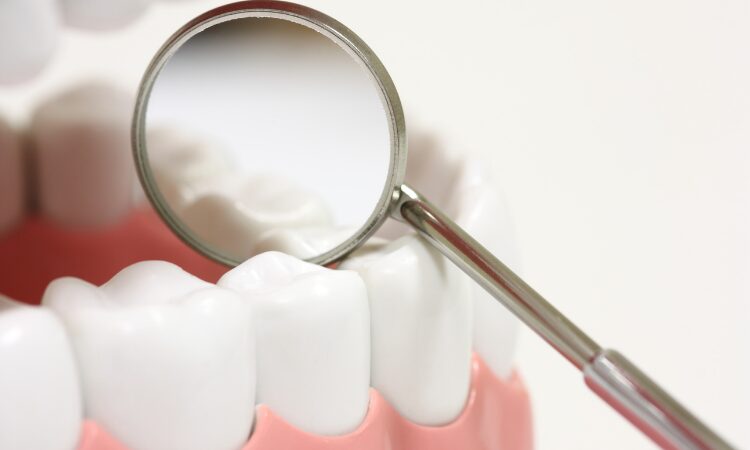When it comes to keeping our teeth healthy, fluoride is often mentioned as an essential ingredient. It’s found in toothpaste, mouth rinses, and even some drinking water. But what exactly does fluoride do, and how does it help prevent cavities? Understanding the science behind fluoride can help us appreciate its importance in dental care and how it strengthens our teeth.

The Basics of Tooth Structure
To understand how fluoride works, we need to start with the structure of our teeth. Teeth are made up of several layers. The outer layer is called enamel, which is the hardest substance in the human body. Beneath the enamel is a layer called dentin, which is softer and contains tiny tubes that lead to the nerve inside the tooth. When enamel is damaged or worn away, it exposes the dentin. This exposure can cause sensitivity and increase the risk of cavities.
Cavities occur when acids produced by bacteria in our mouths break down the enamel. This happens more easily if the enamel is weakened. Keeping our teeth strong and healthy is crucial for preventing cavities and maintaining overall oral health.
The Role of Fluoride
Fluoride is a naturally occurring mineral found in soil, water, and certain foods. It plays a vital role in dental health by helping to strengthen enamel and prevent tooth decay. When fluoride comes into contact with the surface of our teeth, it undergoes a process called remineralization.
During remineralization, fluoride combines with the minerals in our saliva, such as calcium and phosphate. This combination helps to repair and rebuild enamel that has been weakened by acids. The fluoride ions replace some of the hydroxyl ions in the enamel, forming a stronger compound called fluorapatite. This new compound is more resistant to acid attacks than regular enamel, making it less likely to develop cavities.
How Fluoride is Delivered
Fluoride can be delivered to our teeth in several ways. One of the most common methods is through fluoride toothpaste. When we brush our teeth with fluoride toothpaste, we apply the mineral directly to the enamel. This helps to strengthen the teeth right at the source of potential decay.
In addition to toothpaste, fluoride can also be found in mouth rinses. These rinses provide an extra boost of fluoride, helping to protect teeth between brushing sessions. Some communities add fluoride to their drinking water to ensure everyone has access to this beneficial mineral. Studies have shown that drinking fluoridated water significantly reduces the risk of cavities, especially in children.
For those who are at a higher risk of developing cavities, dentists may recommend professional fluoride treatments. These treatments involve applying a concentrated fluoride gel or varnish to the teeth, providing a more potent dose than what is found in regular toothpaste. Professional treatments are particularly helpful for children and adults with a history of dental issues.
The Importance of Consistency
To gain the full benefits of fluoride, it is important to use it consistently. Brushing twice a day with fluoride toothpaste and rinsing daily can help maintain strong enamel and protect against cavities. Children, who are often more prone to tooth decay, can greatly benefit from fluoride exposure, as their teeth are still developing.
While fluoride is beneficial, it’s also essential to balance its use with good oral hygiene practices. Regular brushing, flossing, and dental check-ups are crucial for keeping teeth healthy. A dentist can provide guidance on how much fluoride is appropriate based on individual needs and dental history.
